About Us
We are Mount Sinai postdocs forming a union to improve the postdoc experience at Mount Sinai and to increase our voice as researchers locally and nationally.
Postdocs make essential contributions to the world-class research conducted at Mount Sinai, but many of us still struggle to pay high housing and other costs in New York City, lack secure rights in the workplace, and face increasing uncertainty about our futures given the precarious nature of science funding and unstable regulation of visas and work authorization in recent years.
We join a growing national movement of researchers and other academics forming unions with the UAW to improve our lives and our work. UAW postdocs and graduate student workers across the country have made a difference advocating for science research funding, fair visa and immigration policies, and better working conditions in all academic institutions.
We have already seen the power of organized postdocs at major research institutions to dramatically improve their working conditions through unionization with United Auto Workers, including right here in NYC where researchers at Columbia University formed the first union for postdocs at a private institution in the United States, UAW Local 4100. By building on their experience we can continue to raise standards for researcher working conditions across the city.
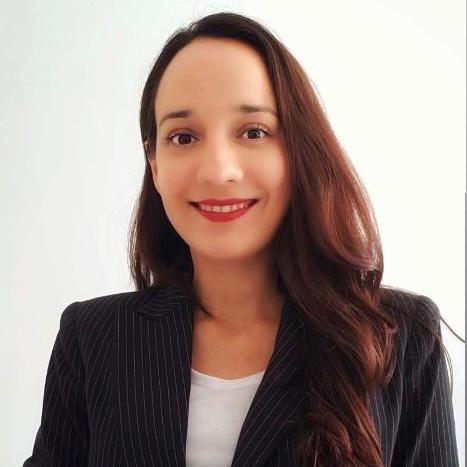
Camila Rubio Patino, Oncological Sciences
My name is Camila Rubio Patino and I am a postdoctoral fellow in the department of Oncological Sciences. Up to half of my salary goes to childcare due to lack of affordable options in New York City. This additional cost makes Mount Sinai less inclusive for parents, particularly mothers, and distracts from our ability to do our best research. I support forming a union for postdocs at Mount Sinai to give us a bigger voice to negotiate stronger parental leave and child care benefits.
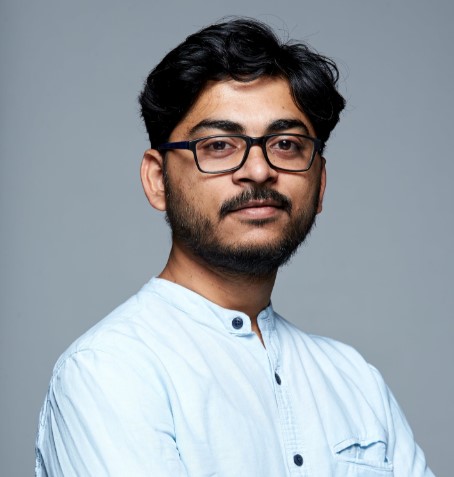
Piyush Kumar, Environmental Medicine and Public Health
International postdocs make up the majority of our workforce at Mount Sinai, but when it comes to complicated issues like immigration, visa and tax treaties, we are often left without enough support from the institution. This can negatively affect the morale and research output of postdoctoral researchers. With a postdoc union we can use our collective strength to not only negotiate for better salary and benefits structures, but also for streamlined rules and regulations to help incoming postdocs have a smooth transition to the US. A better working environment would make it easier for all of us to focus on the primary reason we come here – our research.
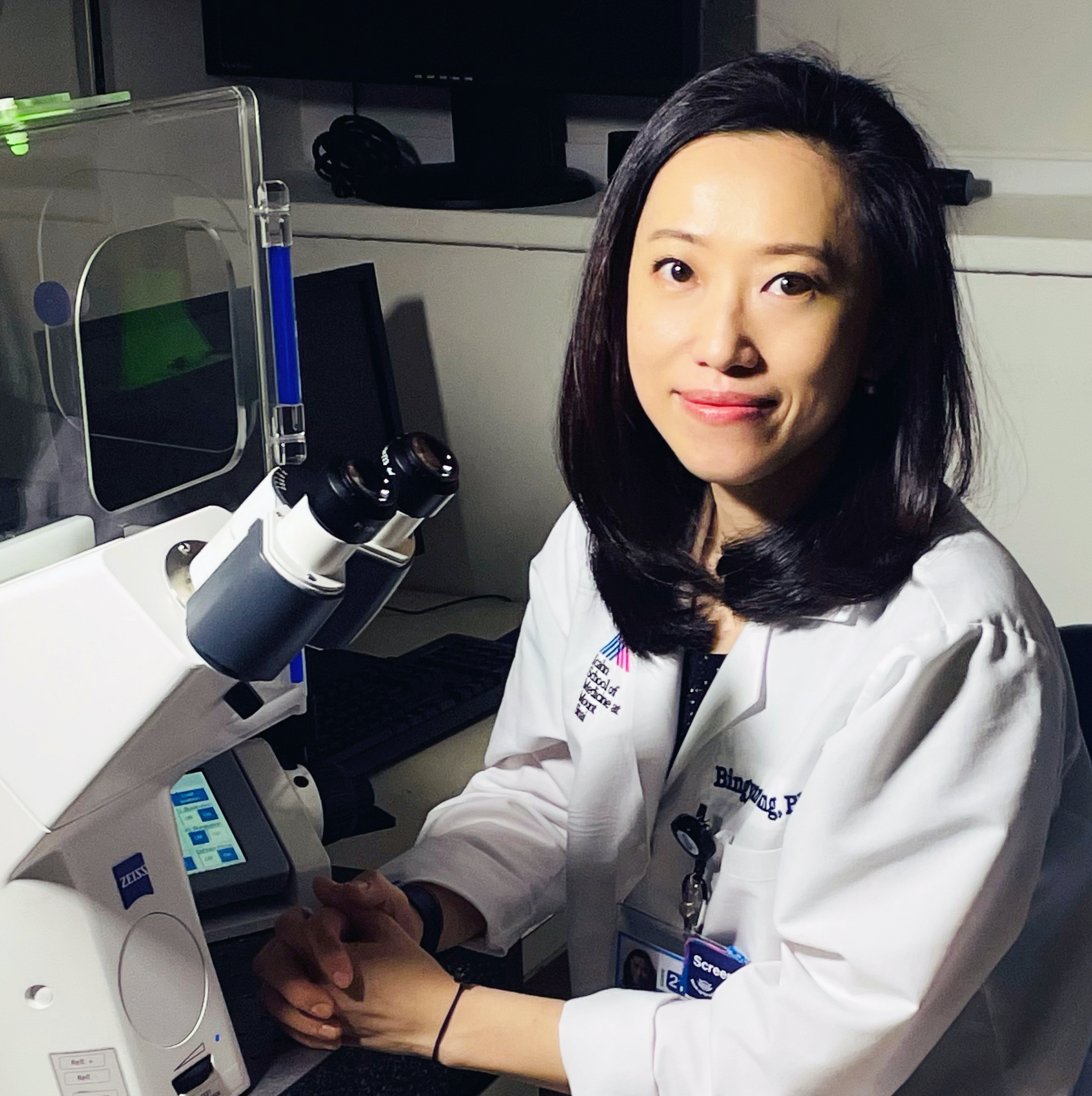
Jessica Wang, Cardiology
Postdocs often work long hours yet receive a salary that does not match our abilities and education level, which can lead to unnecessary stress that makes it harder to focus on our research. At a time when the inflation rate has accelerated over the past two years, Mount Sinai’s postdoc salary remains unchanged. With the power of a union, we can build a collective effort to raise standards at Mount Sinai and across New York City so that postdocs can focus more on our careers and struggle less in life.
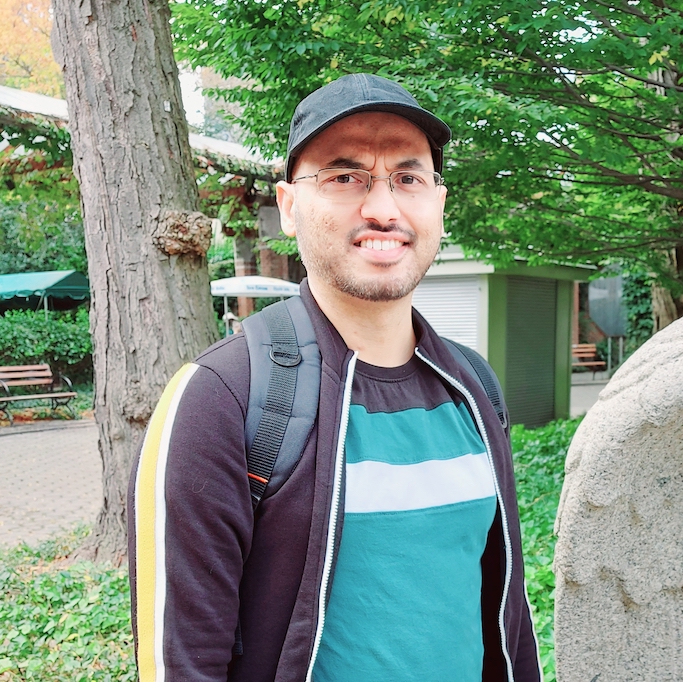
Balagopal Pai, Pathology and Neuroscience
I am Balagopal Pai (Balu), a postdoc at the department of Pathology and Neuroscience at Mount Sinai, and dad of two little kids. I moved to New York City from Germany in June 2021. Finding a job and making an international move during the pandemic was a challenge, especially with a family. While I’ve been determined to stay in academia, rising inflation reflected in the cost of groceries and childcare means we often make hard choices as a single income household. I support forming a union to have a bigger voice for researchers like me, because the stronger and happier we are, the more we can build better research communities at Institutions like Sinai.

Susana Ramos, Pathology
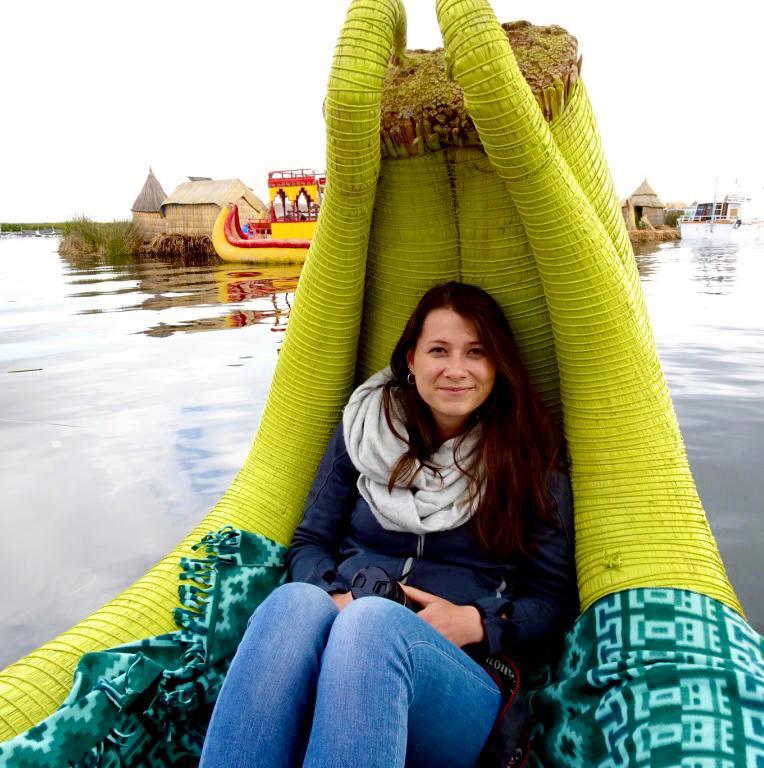
Annika Hunziker, Microbiology
I am a postdoctoral fellow in the department of Microbiology studying the evasion of viruses from the innate immune system. As an international fellow, I am often confronted with challenges dealing with immigration documents, obtaining housing, or claiming tax benefits. I believe forming a postdoc union will allow us to negotiate together for better support and more transparency, which would reduce administrative hurdles for postdocs at Mount Sinai. With the saved time and energy, we can do more of what we came for: exciting science.
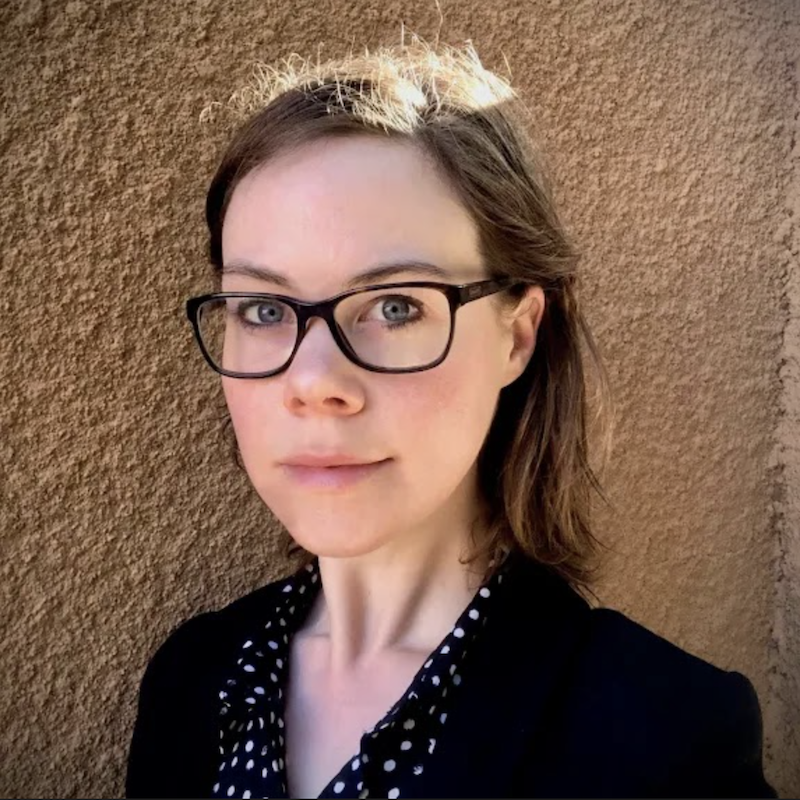
Saren Seeley, Psychiatry
I am a Postdoctoral Research Fellow in the Psychiatry Department, studying neuroimaging markers of adaptation in stress-related disorders. One reason that I support unionization is because employer-sponsored medical benefits, coverage, and costs can change significantly year-to-year, depending on what makes sense financially for the company to offer. A postdoc is already a precarious period of time. Being able to bargain collectively for consistent health insurance that meets our needs would allow us to plan for the future and access the health care we need to thrive in our research, our clinical duties, and in our lives outside of work.

Sindhu Vangeti, Neurology
Especially for those of us who are international researchers, worries about housing, visa problems, tax issues, planning for a family or saving for retirement often cuts into our research time and affects our health. Individually it can be challenging to negotiate improvements in each of these areas, but by bargaining collectively, we can have more power to enhance our salaries and benefits, provide more protections for those of us on visas, and create a less stressful experience overall for postdocs. We do important work together. We all deserve to be treated fairly and with dignity.
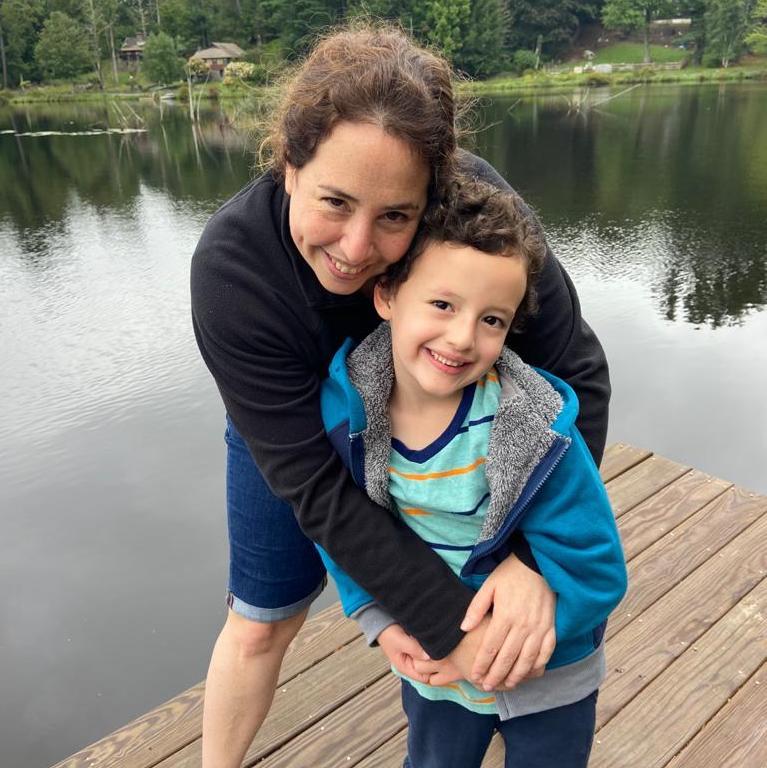
Elza Rechtman, Environmental Medicine and Public Health
I’m a postdoctoral fellow in the department of Environmental Medicine and Public Health, studying the impact of exposure to neurotoxicants on the brain. I believe forming a union is the best path forward for promoting gender equity at Mount Sinai. During the peak of the COVID-19 pandemic many of us struggled to balance parenting responsibilities with our work as full-time researchers due to the lack of sufficient family-friendly policies. A union will allow us to negotiate with Sinai for much-needed changes like greater support for those with families and small children, closing the gender pay gap, and stronger protections against harassment and discrimination.
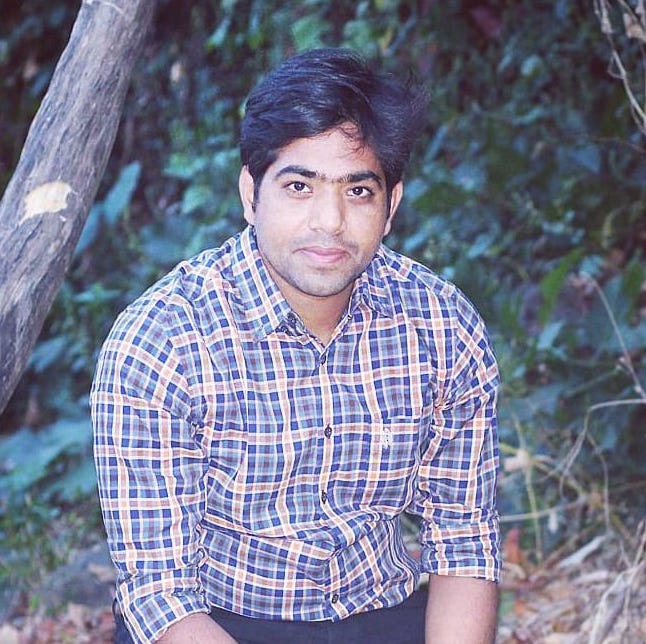
Raghav Sunkara, Cell Development and Regenerative Biology
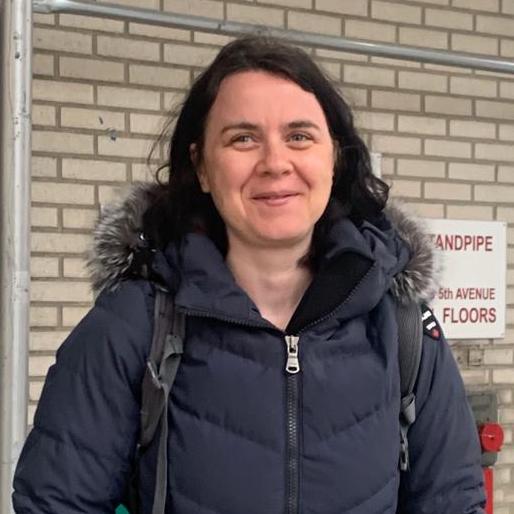
Tiphaine Martin, Oncological Sciences
I am a postdoctoral fellow in the Department of Oncological Sciences. Like me, the largest proportion of postdoctoral fellows at Mount Sinai are international researchers. Although we make significant contributions to scientific research in the US, we don’t currently have a say over what policies shape our experience of working in this country. Forming a union at Mount Sinai and joining with tens of thousands of unionized academics in the UAW will give us a bigger voice as early-stage researchers in national and local American policies on issues like the funding of research programs, managing career development, and retention of researchers in academia.
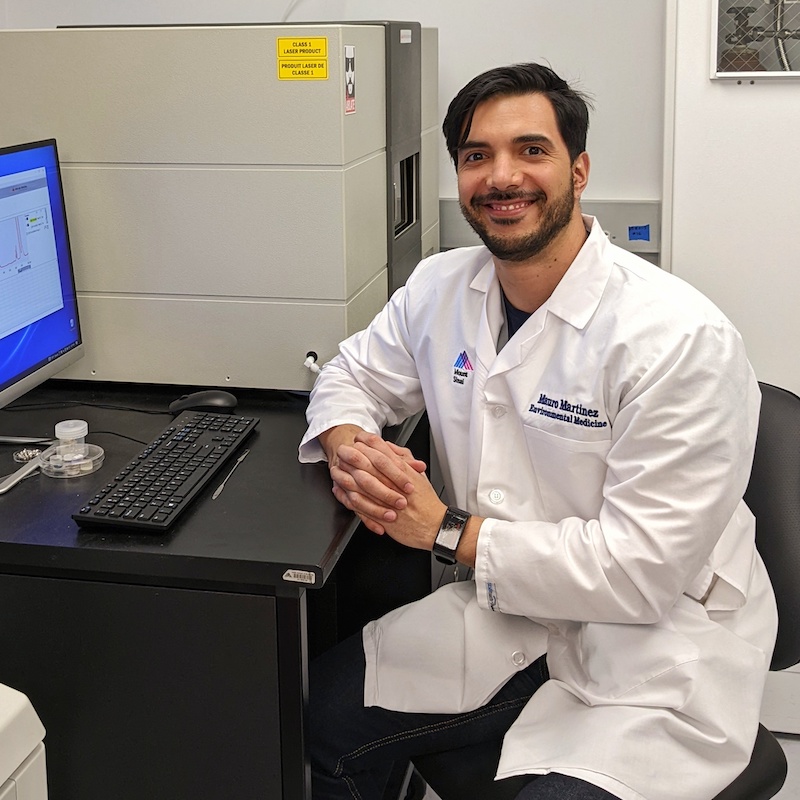
Mauro Martinez, Environmental Medicine and Public Health
My name is Mauro Martinez and I am a postdoc in the department of Environmental Medicine and Public Health, and I am in my second year in the institution. I have had a great time working in my group. However, I realized that postdoc benefits and conditions of employment vary from lab to lab and not everyone has an optimal experience. Thus, I am supporting a postdoc union in Mount Sinai to help make improvements to our experience as postdocs, including equitable access to benefits at a competitive salary for NYC, respect of the work time in the laboratory, and better support for housing and child care, to mention a few. In this way, we can focus on creativity in science, our research and professional growth instead of budgeting.
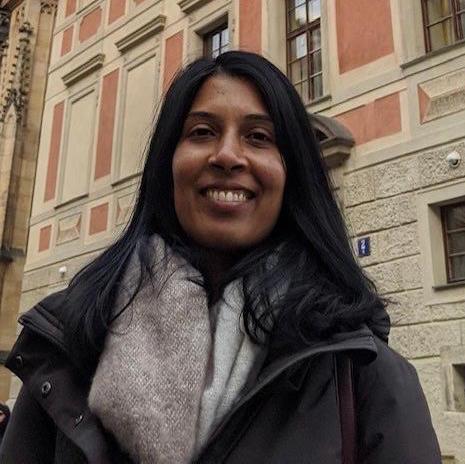
Sanjana Pillay, Cell Development and Regenerative Biology

Mike He, Environmental Medicine and Public Health
I am a Postdoctoral Fellow in the Department of Environmental Medicine and Public Health. As a graduate student at Columbia University I actively supported our effort to unionize with the UAW so we could address workplace issues that interfered with our ability to do our research. My union at Columbia recently won major pay increases, protections against harassment and discrimination, and new rights for international researchers and parents. I support unionizing at Mount Sinai because lack of job stability makes it more difficult for postdocs at our stage of life to plan for our futures – by forming a union, we can keep raising the bar across academia and improve the postdoc experience.
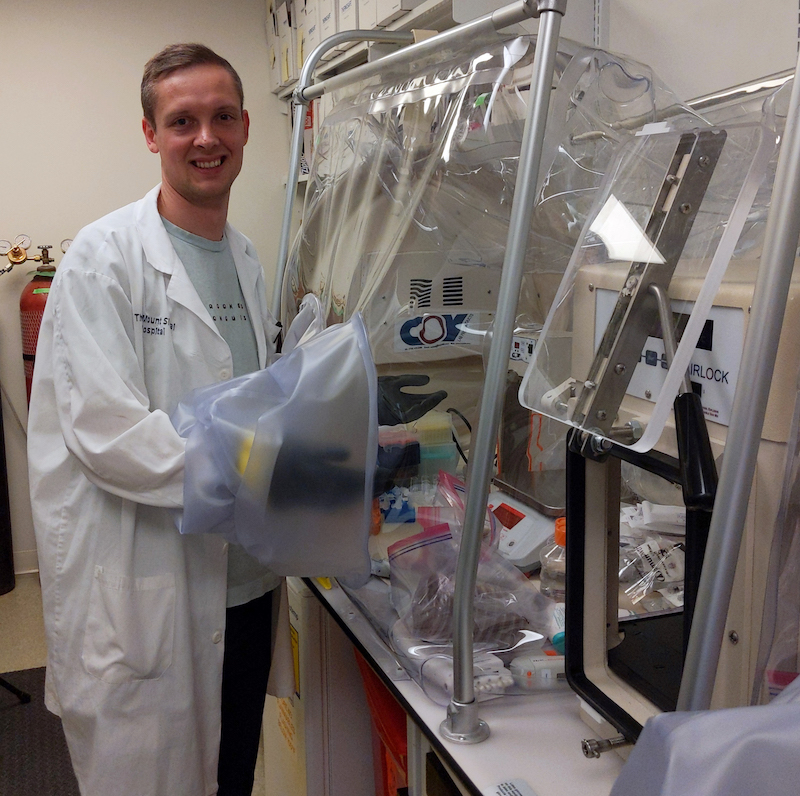
Lukas Bethlehem, Genetics and Genomic Sciences
I’m a Postdoctoral Fellow in the department of Genetics/Genomics. Today’s concept of a postdoc is long outdated and it is time for a change. Although postdocs carry a major load of the practical and logistical responsibilities in academia, we are still treated as trainees when it comes to our pay, benefits, and working conditions. This makes it much more difficult to plan our lives or think about starting a family. Forming a union will allow us to better represent ourselves and bargain collectively for fair payment and benefit plans, so we can build a reliable future working in academia.
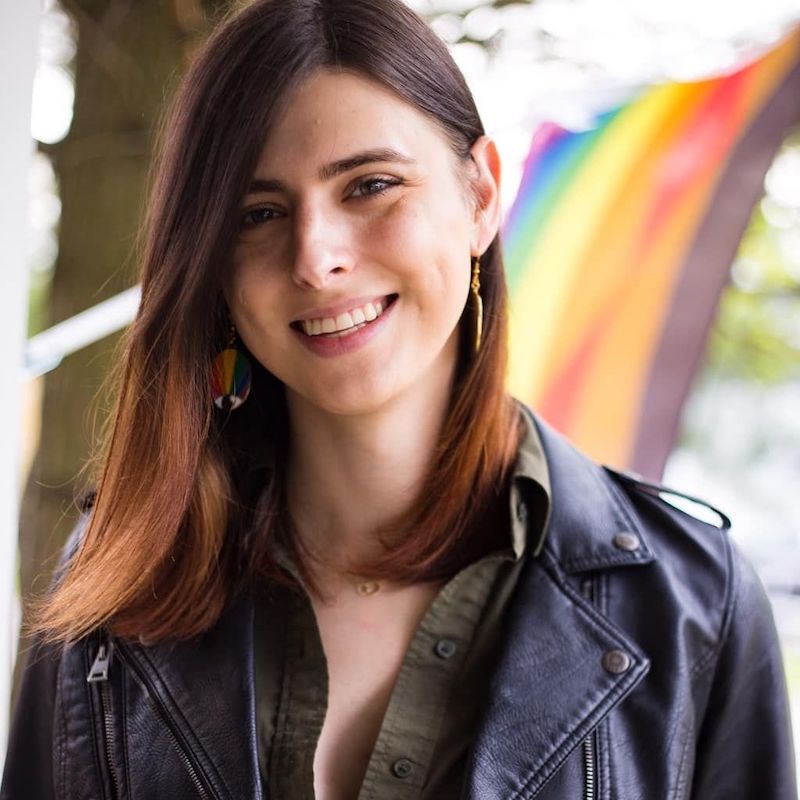
Joanna Ellis, Environmental Medicine and Public Health
I support forming a postdoc union at Mount Sinai so that we can protect individuals from under-represented backgrounds against harassment and discrimination. Established rules and guidelines do not always take these individuals and groups into account and are not enforceable through a neutral procedure to resolve complaints, which can result in fear of potential discrimination when expressing oneself. With a union we can negotiate stronger protections against discriminatory behavior for a more inclusive and diverse research environment.

Pablo Knobel, Environmental Medicine and Public Health
As postdocs at Mount Sinai, I believe our main concerns should be creating insightful plots, analyzing clear western blots, and finding unexpected blood clots. Instead, we spend a substantial chunk of our time worrying about unstable housing, taxes and payroll issues, retirement plans, and inflation. On the one hand, unionizing will bring us together in our shared struggles, sharing experiences and knowledge. On the other, it will allow us to take our stance and work towards better working conditions, letting us worry about what we should be worrying about.
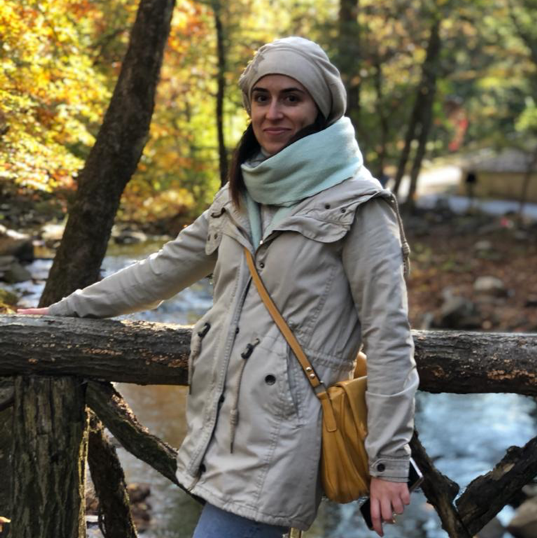
Ruth Iban Arias, Neurology
My name is Ruth Iban Arias, and I am a postdoctoral fellow at the Neurology Department in Mount Sinai. I have been working in this Institution for almost 4 years and during this time, I realized the financial hardships of being a postdoc in New York City. We should be able to live according to the basic standards of the city, like paying rent without struggling the rest of the month. Forming a union will give us a voice to negotiate equitable and fair salaries at Mount Sinai and contribute to improving postdocs’ salaries across the city.
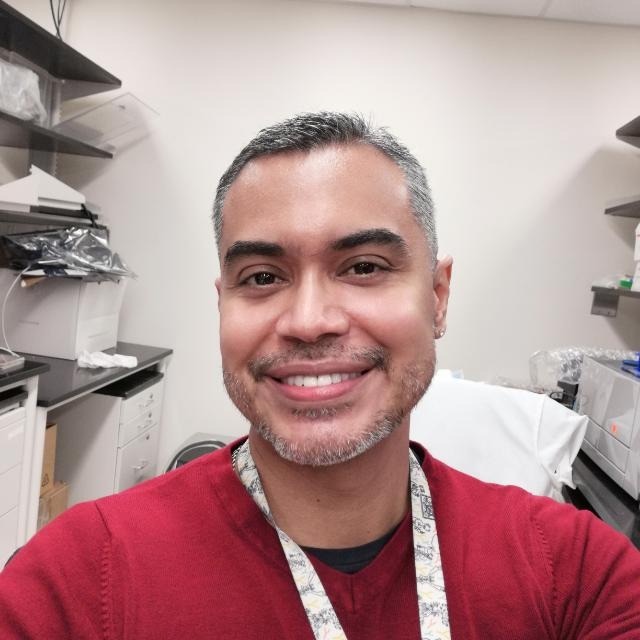
Romel Rosales, Microbiology
I am Romel Rosales, a postdoctoral fellow in the Microbiology department at Mount Sinai. To advance our scientific careers, we are used to focusing on producing papers and participating in meetings, seminars, and other occupations. Sometimes we forget we have personal as well as professional lives. With a union, we can gather our efforts collectively and negotiate improvements that help maintain a healthy balance between work and life, including guaranteed salary increases and benefits that keep up with fluctuations in the economy.
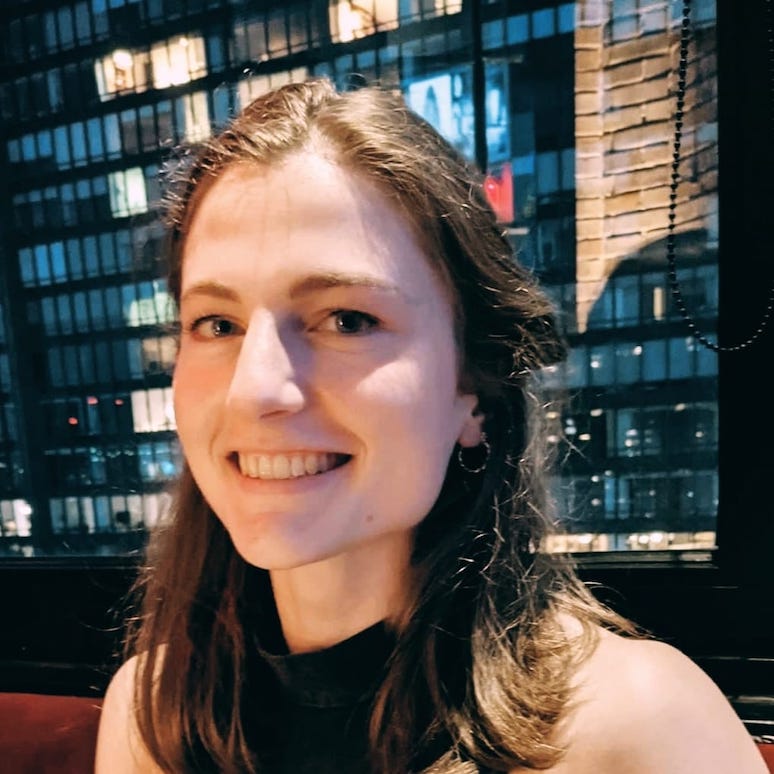
Keira Johnston, Genetics and Genomic Sciences
I’m a postdoctoral researcher in genetics, and although I myself have lucked out in being employed by a PI who pays fair wages and encourages a healthy work-life balance, I know many of my peers are not. It is incredibly unfair that our working experience at Mount Sinai is so dependent on which lab and department we find ourselves in. Organising our labour is the key to making sure that fair working conditions and livable wages are not just down to chance, and are ensured for every postdoc in every lab across the board.
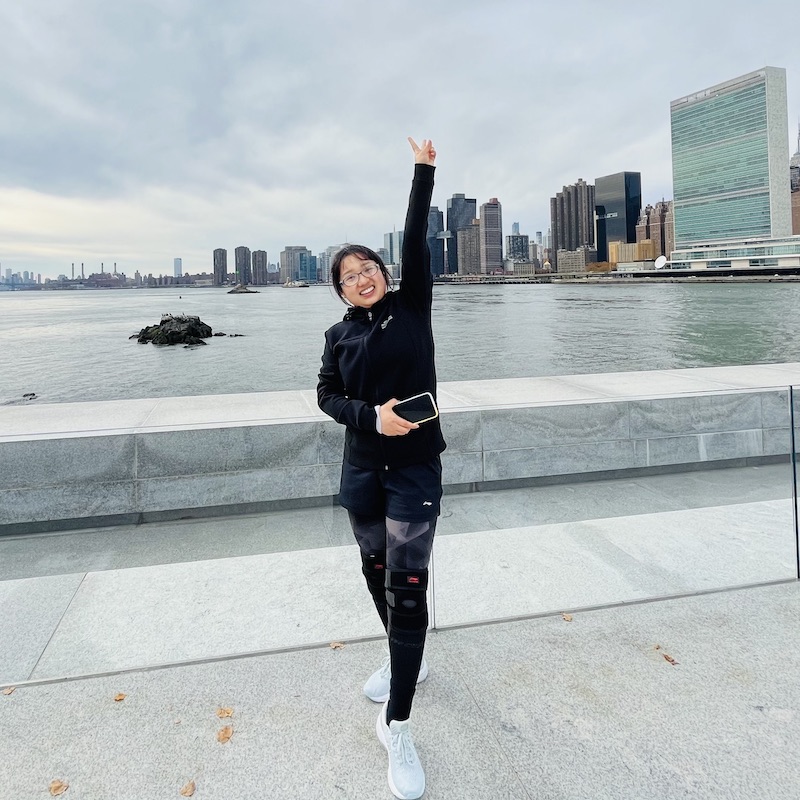
Xiaoping Hu, Pharmacological Sciences
I support forming a union for postdocs at Mount Sinai because as someone who is new to the US I have met many problems in areas like salary, health insurance, and taxes. By myself I don’t know how to solve many of these issues or who can help me. With the help of a union, I believe we can resolve these issues more efficiently, and negotiate higher salaries and more support for postdocs on visas so we can have less stress and a better quality of life in New York City.
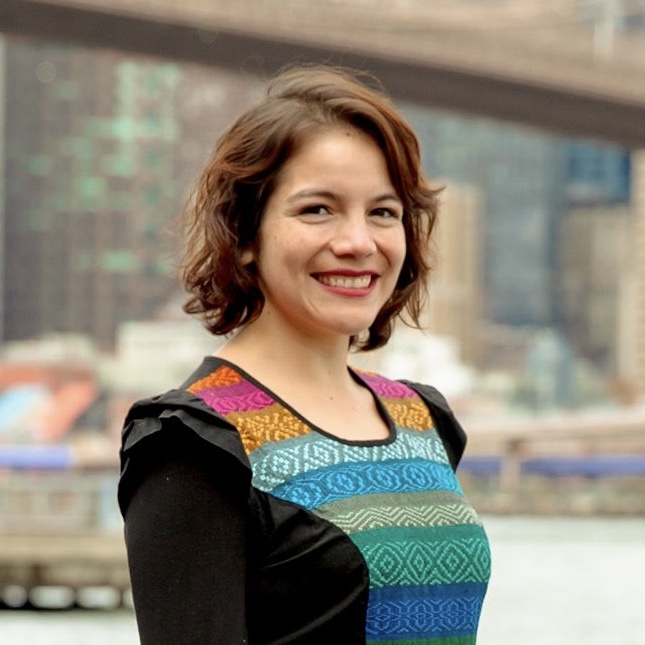
Mitzy Rios de Anda, Psychiatry
I am a Postdoctoral Fellow at Mount Sinai, researching Autism Spectrum Disorder. I believe having a Union is fundamental for postdocs doing all kinds of research to have a better and safer space where we can focus on what we are passionate about. I also believe that it can represent a unique platform for us to build support with our coworkers to make improvements on critical issues like salary, benefits, inequality, harassment and discrimination. WIth a union we can express our opinions and concerns with the safety of enforceable protections in a contract, and the certainty that our voices will be heard and represented.
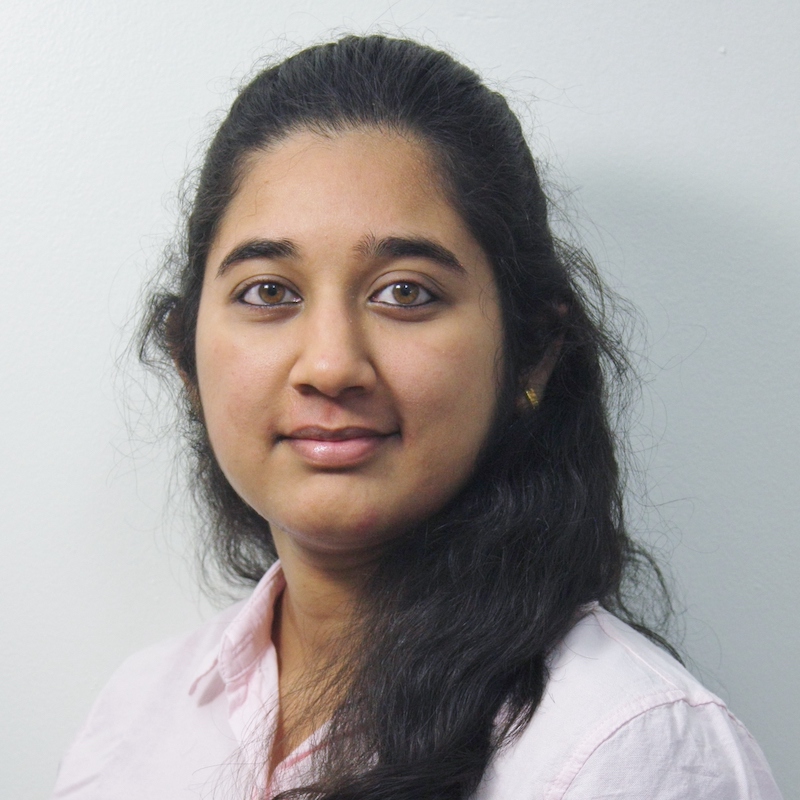
Nanditha Anandakrishnan, Medicine – Nephrology
I support the formation of a Postdoc Union as it will serve as a unified voice for the extremely dedicated and talented postdocs at Sinai. Postdoctoral fellows contribute to a significant portion of Sinai’s research output every year and a majority of us are international. However, we do not receive benefits we deserve, such as a yearly increase in salary, or childcare benefits. Unionizing will help us resolve workplace issues that distract from our focus on the primary goal of postdoctoral training – to transition to an independent research career.
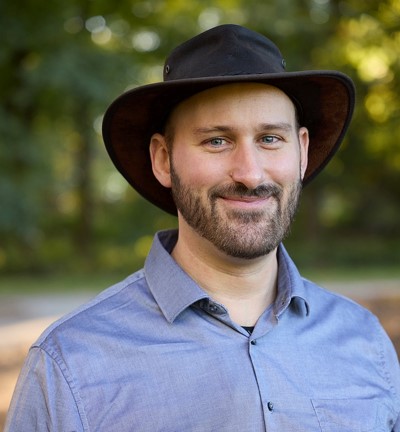
Philipp Neukam, Psychiatry
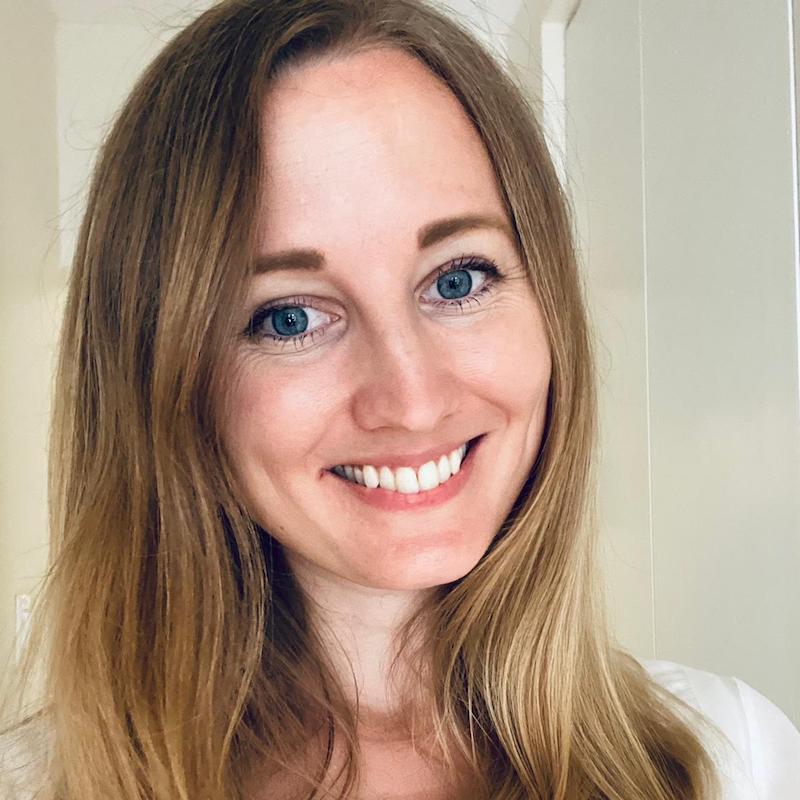
Emelie Lassen, Medicine – Nephrology

Isabel Francisco, Microbiology
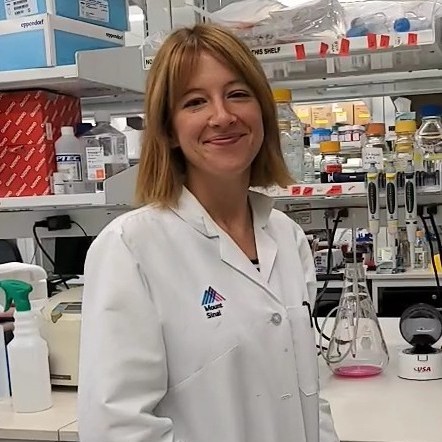
Sina Jostes, Oncological Science
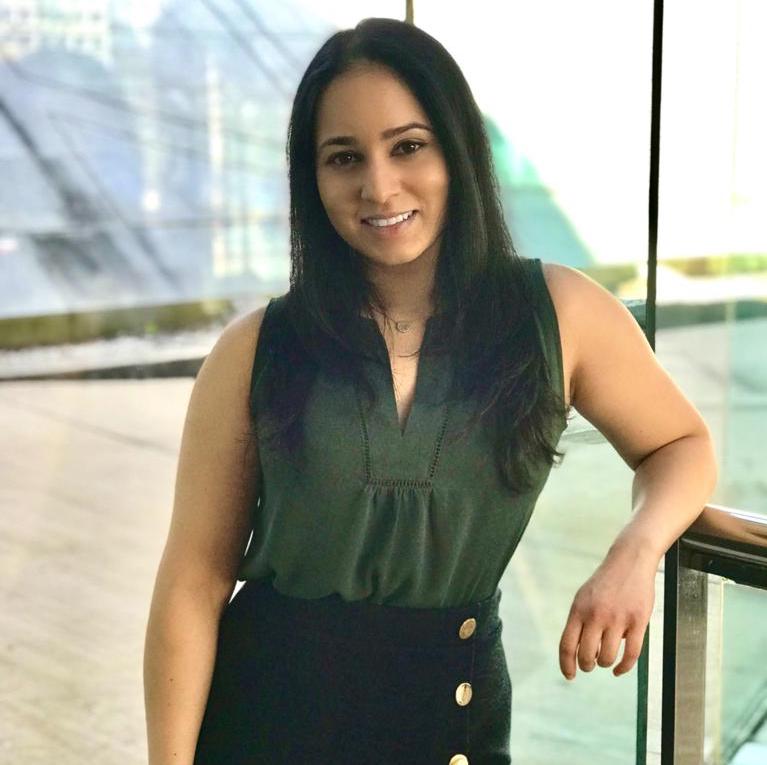
Kirtan Kaur, Environmental Medicine and Public Health
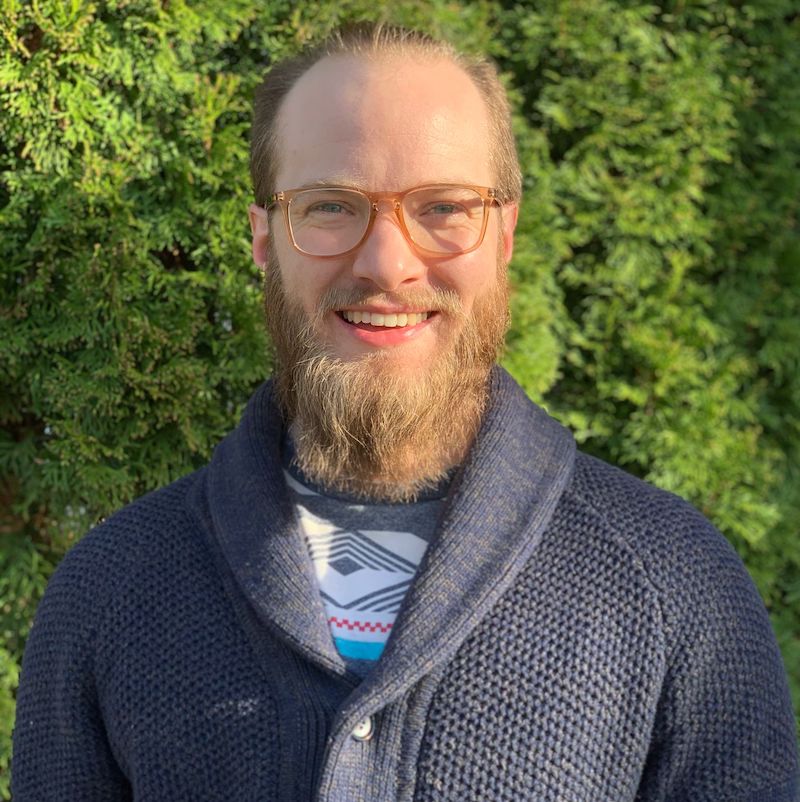
Tristan Fehr, Neuroscience

Linda Lee, Neuroscience
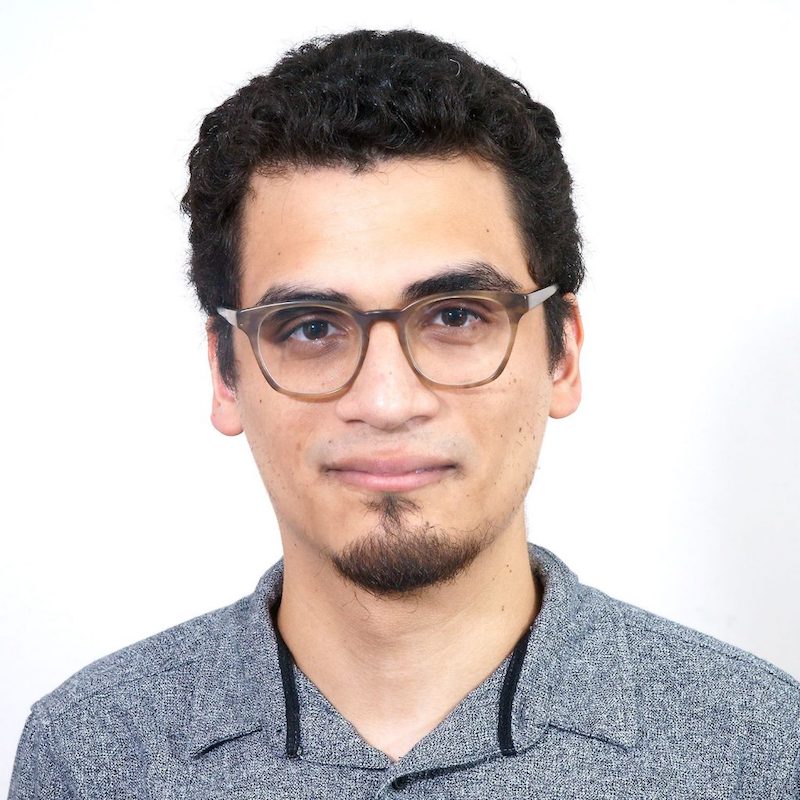
Alan Stern, Medicine
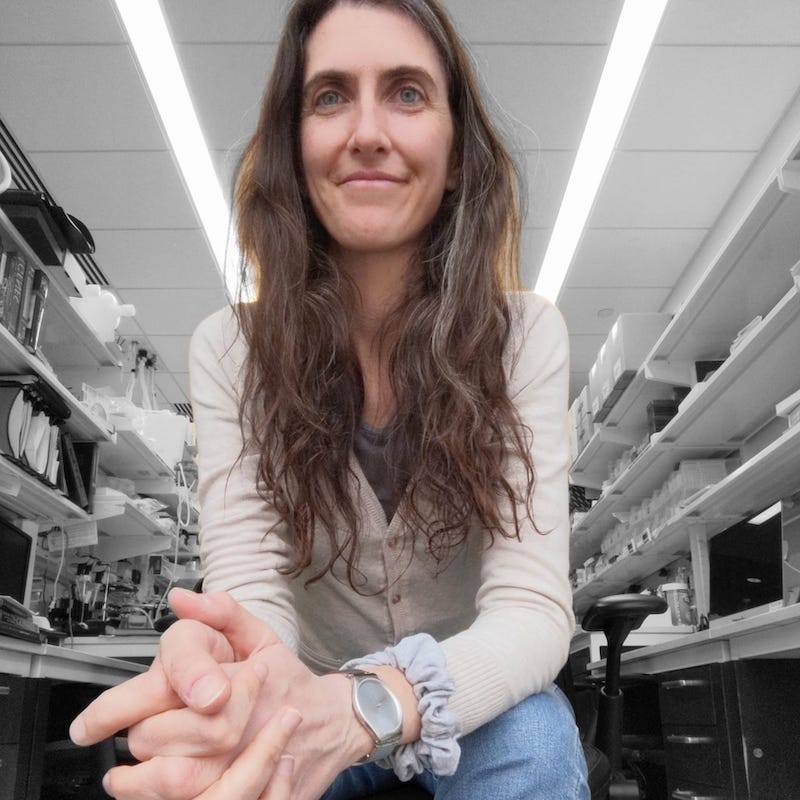
Paola Bianchimano, Neurology
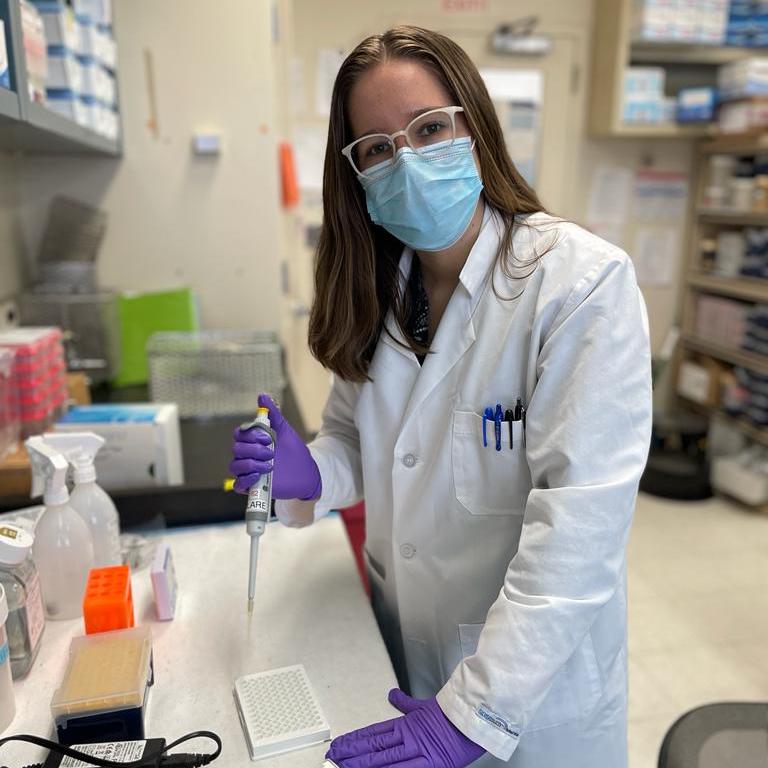
Clare Miller, Neurology

